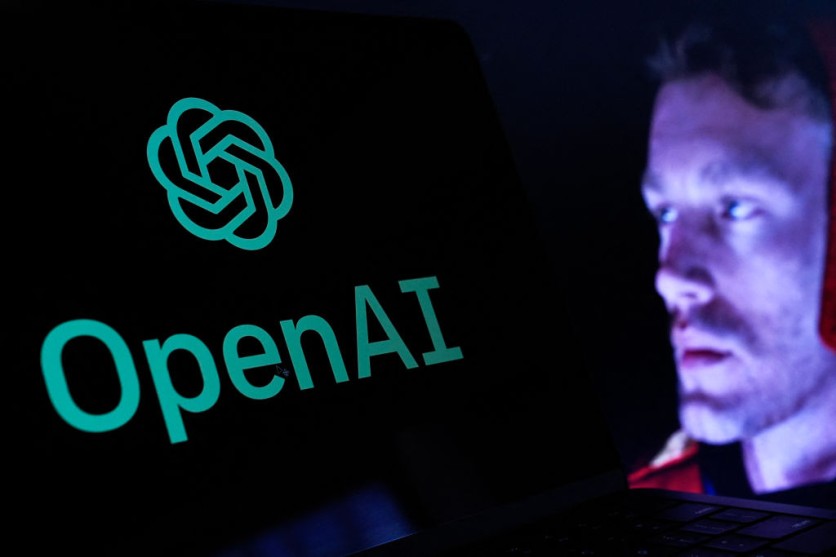OpenAI has unveiled more updates to its viral chatbot ChatGPT, promising it to be more direct and less verbose.
Premium ChatGPT users, including those subscribed to ChatGPT Plus, Team, or Enterprise plans, now have access to an updated version of GPT-4 Turbo, a core model powering the ChatGPT conversational platform.

OpenAI Unveils "gpt-4-turbo-2024-04-09"
This new iteration, known as "gpt-4-turbo-2024-04-09," brings forth several enhancements across various domains, including improvements in writing, mathematical reasoning, logical deduction, and coding proficiency.
OpenAI said that this updated version incorporates a more contemporary knowledge base. It was trained on publicly available data until December 2023, as opposed to the previous edition, which had a data cut-off point in April 2023.
One notable improvement highlighted by OpenAI is the refinement in the nature of responses generated by ChatGPT when utilizing the new GPT-4 Turbo model.
Specifically, users can anticipate responses to be more direct, less verbose, and characterized by a conversational tone.
"Our new GPT-4 Turbo is now available to paid ChatGPT users. We've improved capabilities in writing, math, logical reasoning, and coding," OpenAI wrote in a post on X.
"For example, when writing with ChatGPT, responses will be more direct, less verbose, and use more conversational language. We continue to invest in making our models better and look forward to seeing what you do. If you haven't tried it yet, GPT-4 Turbo is available in ChatGPT Plus, Team, Enterprise, and the API. "
Read Also : Chinese Tech Giants Racing to Dominate AI: Tencent and Kuaishou Push Next-Gen Language Models
OpenAI Introduces Enhancements to its Fine-tuning API
In recent news, OpenAI has unveiled enhancements to its fine-tuning API and expanded its custom models program, providing developers with increased control over model customization.
The fine-tuning API, launched in August 2023, allows organizations to train models for specific tasks, augmenting existing knowledge and capabilities.
It supports more examples, facilitating higher-quality results while reducing cost and latency. Common use cases include code generation, text summarization, and personalized content creation.
New features introduced include epoch-based checkpoint creation, comparative playground for model evaluation, third-party integration support, comprehensive validation metrics, hyperparameter configuration, and fine-tuning dashboard improvements.
Additionally, OpenAI has formalized its assisted fine-tuning offering as part of the Custom Model program, catering to organizations requiring tailored model performance.
According to the company, this collaborative effort leverages advanced techniques to maximize model performance for specific tasks or domains.
Related Article : Microsoft and Mistral AI's Multi-Million Euro Partnership to Reshape AI Landscape, New Challenger to OpenAI's Dominance





